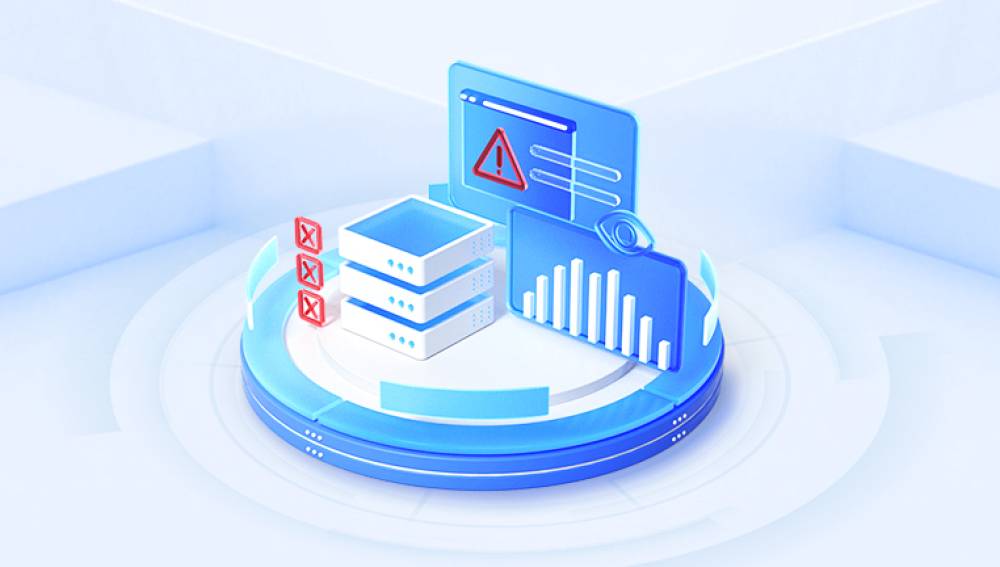The price of $300 for data recovery can be considered either expensive or reasonable, depending on various factors such as the type of data recovery required, the service provider, and the specifics of the data loss situation. Here’s a comprehensive analysis to help you understand the value and implications of a $300 data recovery service.
Data recovery is the process of retrieving inaccessible, lost, or corrupted data from storage devices such as hard drives, SSDs, USB drives, or other electronic devices. The complexity of data recovery varies widely based on several factors:
At present, our Drecov Data Recovery software does not require as much as $300, only a few tens of dollars can recover your files, and it also supports many other devices such as computers, flash drives, SD cards, and dash cams.
https://recovery.pandaoffice.com/

Type of Device: Different storage devices have different architectures and failure modes. For example, recovering data from a traditional hard disk drive (HDD) differs significantly from an SSD or RAID array.
Type of Failure: Failures can be broadly classified into logical failures (where the storage media is physically intact but data is inaccessible due to software issues) and physical failures (where the storage media has suffered physical damage).
Extent of Damage: The severity of damage, such as extensive file corruption, severe physical damage, or complex RAID configurations, can make the recovery process more complicated and costly.
Cost Components of Data Recovery
The cost of data recovery generally includes the following components:
Diagnosis and Assessment: Initial assessment to determine the cause and extent of the data loss. This may be offered for free or at a nominal charge by some service providers.
Labor Costs: Data recovery is a labor-intensive process requiring skilled technicians. The complexity of the recovery process influences the amount of labor required.
Tools and Equipment: Specialized tools and software are necessary for data recovery. For physical recoveries, cleanroom facilities and advanced diagnostic equipment may be used.
Success Rate and Guarantees: Some providers offer no-recovery-no-fee guarantees, which might affect pricing.
Urgency: Expedited services are often more expensive than standard services. If data recovery is time-sensitive, expect higher costs.
Evaluating the $300 Price Tag
Pros of a $300 Data Recovery Service:
Affordability: $300 is relatively affordable compared to high-end data recovery services, which can run into thousands of dollars, especially for complex cases involving RAID arrays or severe physical damage.
Competence for Simple Cases: For straightforward logical recoveries, such as accidentally deleted files or simple file system corruption, $300 can be a fair price for competent service.
Market Rate: For consumer-grade HDDs and straightforward recoveries, $300 is within the range of typical market prices.
Cons of a $300 Data Recovery Service:
Quality of Service: The price might reflect the quality of service. Cheaper services may lack the sophisticated tools and expertise required for complex recoveries.
Scope of Work: Ensure that the $300 covers the entire recovery process, including diagnosis, recovery, and post-recovery verification. Hidden costs can add up if these are not included.
Success Rate: Lower-priced services might have lower success rates, especially for physically damaged drives. It's crucial to research the service provider's track record.
Factors Influencing Perceived Value
Data Importance: The value of the lost data is subjective. For personal data, such as photos and documents, the emotional value might justify the cost. For businesses, data recovery can be critical to operations, making even higher costs justifiable.
Alternative Solutions: Sometimes, data can be restored from backups. Evaluate whether a recent backup exists before committing to data recovery services.
Service Provider Reputation: A well-established provider with positive reviews and a high success rate may justify higher costs due to reliability and professionalism.
Case Scenarios
Scenario 1: Logical Data Recovery
For a user who has accidentally deleted files or encountered a minor file system corruption, a $300 service might be ideal. The process usually involves:
Initial Assessment: Determine the extent of logical damage.
Data Extraction: Using specialized software to recover the data.
Data Verification: Ensuring the recovered data is intact and usable.
Scenario 2: Physical Data Recovery
If the storage device has suffered physical damage, such as a head crash or water damage, the process becomes more complex and expensive. Physical data recovery often requires:
Cleanroom Environment: To open and repair the drive without contamination.
Specialized Equipment: For imaging and reading the damaged media.
Extensive Labor: Skilled technicians to handle delicate components and processes.
In such cases, $300 might be insufficient, and prices can escalate to $1000 or more, depending on the severity of the damage.
Research and Due Diligence
Before opting for any data recovery service, especially one priced at $300. conduct thorough research:
Service Reviews: Check customer reviews and testimonials. Look for feedback on the provider's success rate, customer service, and any hidden costs.
Company Credentials: Verify the service provider's credentials, including certifications, years in business, and expertise in handling your specific type of data loss.
Transparency: Ensure the provider offers clear pricing, with detailed explanations of what the service includes.
No-Recovery-No-Fee Policy: A reputable provider might offer a no-recovery-no-fee policy, reducing the financial risk if the data cannot be recovered.




